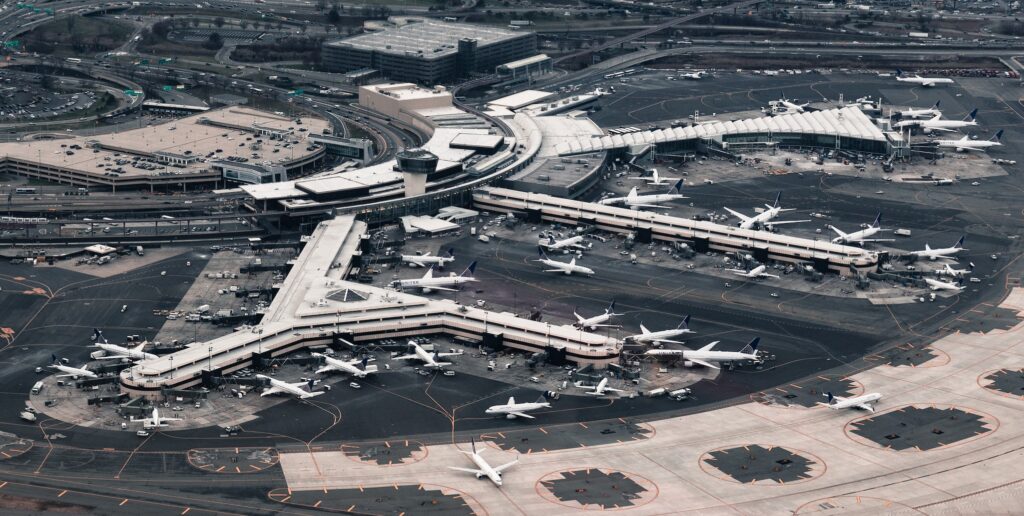
Border control services are an essential component of aviation security, designed to ensure the safety and security of passengers, crew members, and aircraft. Ground handling service providers play a crucial role in providing border control services at airports, including a range of procedures and services to ensure compliance with immigration and customs regulations. In this article, we will explore the different types of ground handling border control services that are commonly used.
1. Immigration control
Immigration control is a critical border control service that involves the processing of passengers entering or leaving a country. This includes verifying the identity of passengers, checking their travel documents, and ensuring that they meet the necessary immigration requirements. Ground handling service providers may assist with immigration control by providing facilities and staff to process passengers, as well as technology and equipment to verify travel documents and identity.
2. Customs control
Customs control is another important border control service that involves the inspection of goods and passengers entering or leaving a country. This includes checking for prohibited items, such as weapons and drugs, as well as ensuring that goods are properly declared and taxed. Ground handling service providers may assist with customs control by providing facilities and staff to inspect goods and passengers, as well as technology and equipment to detect prohibited items.
3. Security screening
Security screening is a critical border control service that involves the screening of passengers and their baggage to detect potential security threats. This includes screening for weapons, explosives, and other prohibited items, as well as checking passengers and their baggage against watchlists and other security databases. Ground handling service providers may assist with security screening by providing facilities and staff to conduct screening, as well as technology and equipment to detect potential threats.
4. Biometric identification
Biometric identification is an emerging border control service that involves using biometric technology, such as facial recognition and fingerprint scanning, to verify the identity of passengers. This technology can help improve the accuracy and efficiency of border control procedures, as well as enhance the overall security of the aviation industry. Ground handling service providers may assist with biometric identification by providing technology and equipment to capture and verify biometric data.
5. Passenger information management
Passenger information management is a critical border control service that involves the collection, storage, and sharing of passenger data across various border control agencies and stakeholders. This includes ensuring that passenger data is accurate, up-to-date, and secure, as well as sharing this data with other border control agencies as necessary. Ground handling service providers may assist with passenger information management by providing technology and systems to collect and share data, as well as staff to manage and monitor the flow of data.
In conclusion, ground handling service providers play a critical role in providing border control services at airports. From immigration control and customs control to security screening, biometric identification, and passenger information management, there are many types of border control services that ground handling service providers may provide. By working closely with airports, airlines, and other stakeholders, ground handling service providers can help ensure the safety and security of the aviation industry, while facilitating the efficient flow of passengers and goods across borders.


